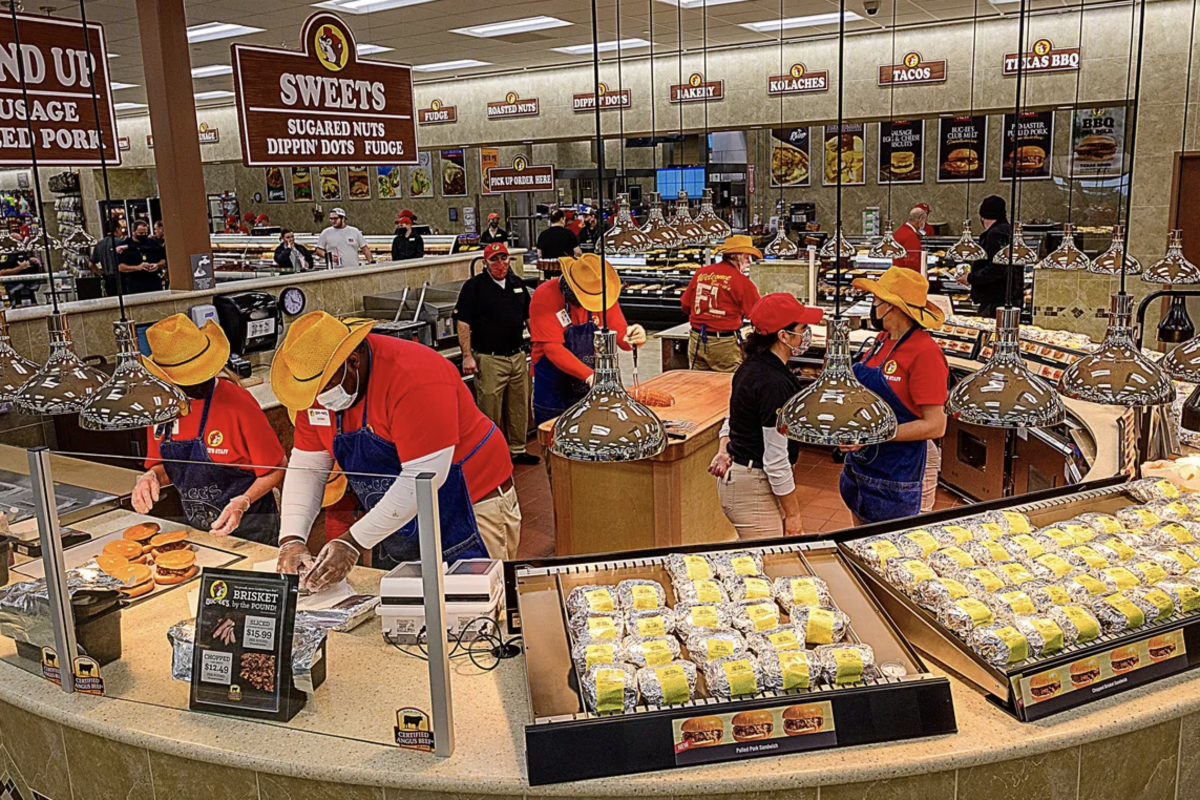As any banker will tell you, the moment a bank is forced to ask depositors for trust is the very moment at which, for all practical purposes, that bank becomes insolvent. A run is sure to ensue. Nobody wants their money in a bank with even the slightest chance of losing it. The mere mention of trust spooks people.
Financial regulators know this. Saving banks from having to ask for trust is one of the main purposes of deposit insurance. Government guarantees that all account losses will be made whole give troubled banks a turnaround chance they wouldn’t get if they had to ask customers to keep calm and just trust them. These guarantees are one part, if not the key part, of the system for trust.
Trust is a third rail for every kind of business or brand. It is an intangible requisite for staying in business of which companies dare not speak. As soon as you ask for it, you lose it. If trust cannot be taken for granted in the everyday course of business, if trust is not beyond question, then customers immediately jump to the conclusion that something is out of sorts.
Trust is in scarce supply nowadays, so many brand marketers have made trust a prominent part of their communications strategy. But asking for it is not the way to win back the confidence of wary customers. The solution is to have the systems in place needed to guarantee it.
Many argue that the locus of trust these days has pivoted from institutions like brands to networks of peers. Certainly, peers are more important than ever, but peers alone are not enough to guarantee trust.
A recent cover story in Wired dug into the peer-to-peer success stories of Airbnb and Lyft and noted that their secret is actually the manner in which they have gone about harnessing social trust. In an era in which institutional trust for business, politics and government is in freefall, people are said to be more open than ever to putting their trust in other people instead. But it is crucial to note that people are not doing this willy-nilly. Even with their peers, people still need guarantees, just as they have needed them for institutions like banks. So to measure up, Airbnb and Lyft have invested heavily in tightly managed infrastructures and systems of feedback, face time, insurance and prescreening to ensure that trust is beyond question. They want trust to be part of people’s tacit understanding of their services. Even for peer-to-peer, it is only with systems in place that customers can take trust for granted.
Indeed, systems are a must for peers as much as for institutions. Peers can’t be trusted either. The Wired story cited two of the headline-making surveys of recent years showing that people don’t trust other people any more than they trust institutions, and, in fact, less than they trust many institutions.
Trust isn’t native to anything. It exists only in the presence of a system of specific safeguards and remedies. This is to say that trust is systemic, a consequence of the ecosystem of guarantees within which a relationship operates. This is true no less for peers than for institutions.
Institutions that have lost trust appear to people to be beyond the control and oversight of the established system of safeguards and remedies. Hence, people no longer believe it can take it for granted that these institutions can be trusted to do the right thing. It’s less because of the institutions per se and more because of the failed system of safeguards and remedies within which they operate.
For example, a story in The Washington Post looked into the reason that hundreds of thousands of eligible borrowers are declining to participate in a Federal program that would refinance their mortgages at a lower interest rate, saving them hundreds of dollars each month. The reason turns out to be that these homeowners think it’s too good to be true. Following the crash and the revelations about mortgage scams during the boom, these homeowners, most of whom are the victims of these housing hustles, are now so wary that they are willing to look a gift horse in the mouth. It’s not because they mistrust the Federal Housing Finance Agency running this program. It’s because they have lost faith in the entire system of safeguards and remedies and thus have no trust in what they’re being told.
New York Times columnist David Brooks argues that social trust has taken root because a more “personalistic culture” has gone mainstream as Millennials have come of age. But Brooks quickly acknowledges that there is a lot more to it than just this. Peer-to-peer companies have been thriving, he adds, because they now “spend more money policing their own marketplace.” Decentralized connections among peers have grown, but these connections build brands only when they are guaranteed by a system of safeguards and remedies. In short, social trust is rising not because it has a seedbed in peers but because it is thought to be a better system.
As a limited government conservative, Brooks likes the uptick in social trust because it means less need for government. Not because there is less of a need for systemic guarantees, but because private companies – brands – are putting these in place instead of government. A system of guarantees remains the cornerstone of trust. It is simply a matter of who or what puts the necessary safeguards and remedies in place.
Institutional trust versus social trust is a false dichotomy. It’s not about institutions versus people. It’s about having systems in place that guarantee trust. Institutional trust is not collapsing because peers are more trusted – demonstrably and absolutely, they are not – but because the systemic guarantees of institutional trust have failed.
What is now arising is mischaracterized as social. In fact, it is not. Rather, it is a hand-off from one type of institution to another. Airbnb and Lyft are businesses. They are institutions no less than the brands they are displacing in the marketplace. They have harnessed peer-to-peer as their scaffolding, but they operate as brands, which is to say that they operate as business institutions that have to have a system of safeguards and remedies in place in order for their peer-to-peer connections to inspire trust.
This is why the emerging infrastructure of trust is not limited to social or peer-to-peer businesses. It is about brands of all types stepping up to plug the gaps created by the failures of the prior generation of brands and institutions. Take Uber, for example, which is not a peer-to-peer social brand but which is building new systems of trust with game-changing impact.
A central argument being made by London cabbies in their ongoing scrum with Uber is that taxi commission regulations and oversight guarantee that taxis have the training, knowledge, quality, safety, accessibility and insurance that people need in order to be assured of a secure, honest, courteous experience. Not so with Uber, they argue. But this is a smokescreen. Even if true today, it won’t be true tomorrow. Uber knows full well that unless it measures up on these systemic guarantees, it won’t win the trust it needs to do business. Because it must do so, Uber will do so, and, in fact, is doing so already.
As Brooks noted, the systemic requirements of trust are no longer vested only in governmental regulations. Increasingly, brand marketers do it.
The Blake Project Can Help: The Brand Positioning Workshop, the Brand Storytelling Workshop Series and Brand Strategy and Customer Co-Creation Workshops
Branding Strategy Insider is a service of The Blake Project: A strategic brand consultancy specializing in Brand Research, Brand Strategy, Brand Licensing and Brand Education





2 comments
Maciej
July 23, 2014 at 9:16 am
I think trust building is more important than anything else these days when it comes to marketing. People research more online than they ever have before and trust could be the reason why they work with you or not.
Shawn P. Mackey
July 24, 2014 at 7:52 am
Trust is a key element to anything, really. We often make our decisions based on the level of trust we have put into a business or a person.
It can take months or years to build trust, but it can all be lost in a moment.
Comments are closed.